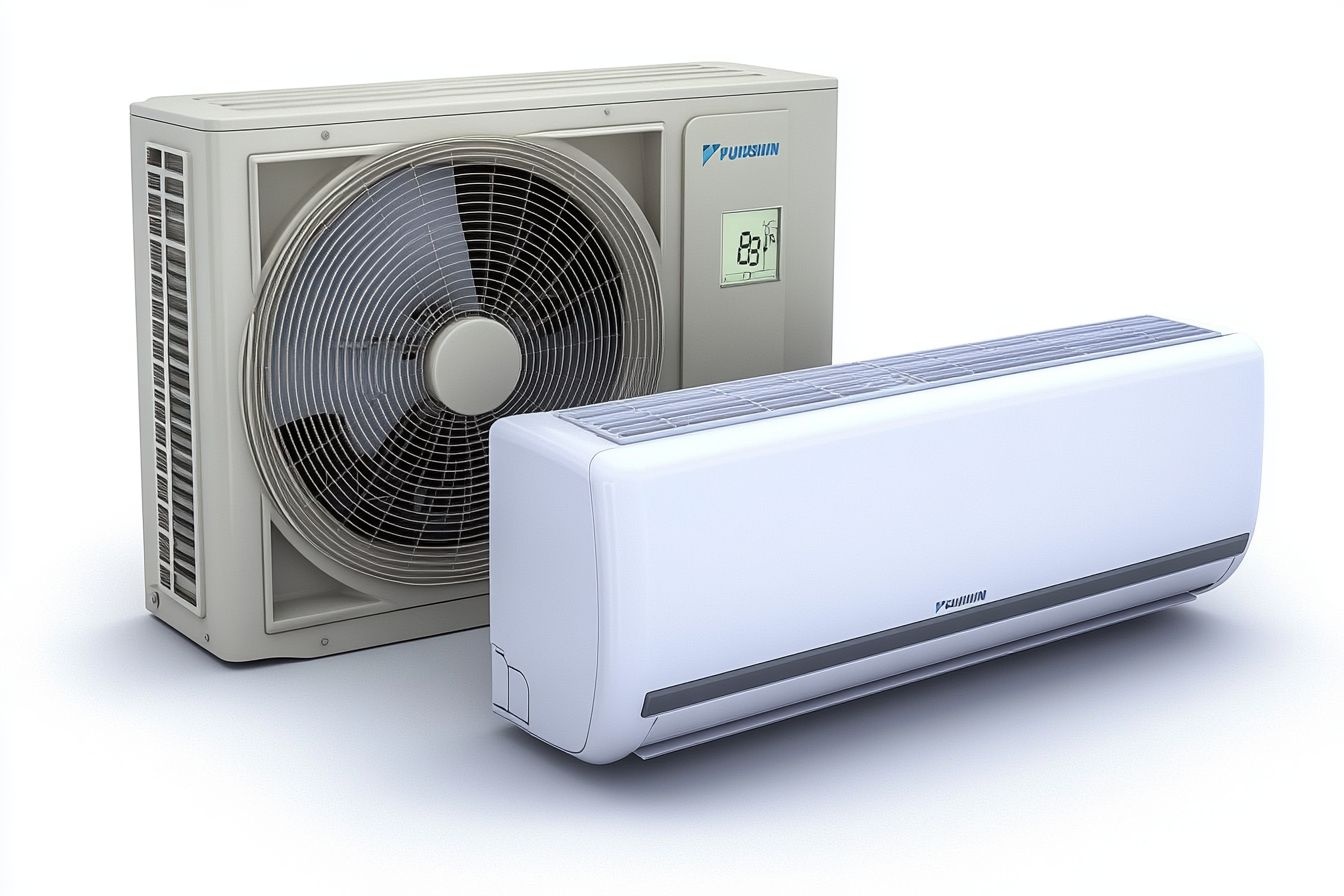Ductless Air Conditioning Technology and Features
Ductless air conditioning systems have transformed home cooling solutions across South Africa, offering homeowners flexible climate control without extensive ductwork installation. These innovative systems, also known as mini-split air conditioners, provide targeted cooling and heating capabilities while maintaining energy efficiency standards that appeal to environmentally conscious consumers.

Understanding Modern Ductless AC Systems
Modern ductless air conditioning systems operate through a simple yet effective design featuring an outdoor compressor unit connected to one or more indoor air handlers via refrigerant lines. Unlike traditional central air systems, these units deliver conditioned air directly into specific rooms or zones without requiring extensive ductwork throughout the home.
The core components include the outdoor condenser unit, indoor evaporator units, refrigerant lines, and a control system that manages temperature settings independently for each zone. This configuration allows homeowners to customize comfort levels in different areas of their property while avoiding the energy losses commonly associated with traditional ducted systems.
Installation typically requires only a small hole through the wall to connect indoor and outdoor units, making the process less invasive than conventional air conditioning installations. Professional technicians can usually complete installations within a single day, depending on the number of indoor units required.
Future of Ductless Air Conditioners
The evolution of ductless air conditioning technology continues advancing through smart home integration and improved connectivity features. Modern systems increasingly incorporate Wi-Fi capabilities, allowing remote monitoring and control through smartphone applications and home automation platforms.
Variable refrigerant flow technology represents another significant advancement, enabling precise temperature control while optimizing energy consumption based on real-time cooling demands. These systems automatically adjust compressor speed and refrigerant flow to maintain desired temperatures efficiently.
Manufacturers are developing enhanced filtration systems that address air quality concerns beyond temperature control. Advanced filtration options now include HEPA filters, UV sterilization, and ionization technologies that remove allergens, bacteria, and other airborne contaminants from indoor environments.
Energy Efficiency Innovations in Ductless Systems
Energy efficiency innovations in ductless systems focus on inverter technology that continuously adjusts compressor operation based on cooling or heating demands. This approach eliminates the energy waste associated with traditional systems that cycle on and off repeatedly throughout the day.
Many modern ductless units achieve SEER ratings exceeding 20, significantly outperforming older air conditioning systems and reducing monthly electricity costs. Heat pump functionality in many models provides both cooling and heating capabilities, offering year-round climate control through a single system.
Zone control capabilities allow users to condition only occupied spaces, eliminating energy waste in unused rooms. This targeted approach can reduce overall energy consumption by 30-40% compared to central air systems that cool entire homes regardless of occupancy patterns.
The Cost Landscape of Modern Ductless Systems
Initial investment costs for ductless air conditioning systems vary significantly based on system capacity, brand selection, and installation complexity. Single-zone systems typically range from R15,000 to R35,000 including installation, while multi-zone configurations can cost between R45,000 and R120,000 depending on the number of indoor units required.
| System Type | Brand Examples | Capacity Range | Cost Estimation |
|---|---|---|---|
| Single Zone | LG, Samsung, Daikin | 9,000-24,000 BTU | R15,000-R35,000 |
| Multi-Zone (2-4 units) | Mitsubishi, Panasonic, Carrier | 18,000-48,000 BTU | R45,000-R85,000 |
| Commercial Systems | Toshiba, Fujitsu, Midea | 36,000+ BTU | R80,000-R150,000 |
Operating costs depend on usage patterns, local electricity rates, and system efficiency ratings. High-efficiency models with inverter technology typically consume 25-50% less energy than conventional air conditioning systems, resulting in lower monthly utility bills that can offset higher initial purchase prices within 3-5 years.
Prices, rates, or cost estimates mentioned in this article are based on the latest available information but may change over time. Independent research is advised before making financial decisions.
Maintenance requirements for ductless systems remain minimal compared to traditional HVAC systems, as they lack extensive ductwork that requires periodic cleaning and sealing. Regular filter cleaning and annual professional servicing help maintain optimal performance and extend system lifespan.
Installation considerations include electrical requirements, outdoor unit placement, and local building codes that may affect system selection and setup costs. Professional assessment ensures proper sizing and configuration for optimal performance and energy efficiency.
Ductless air conditioning systems continue evolving to meet changing consumer needs while maintaining focus on energy efficiency and environmental responsibility. These versatile systems offer practical solutions for South African homeowners seeking reliable climate control without the complexity and energy waste associated with traditional ducted installations. The combination of technological advancement and improved efficiency standards makes ductless systems an increasingly attractive option for residential and commercial applications.




